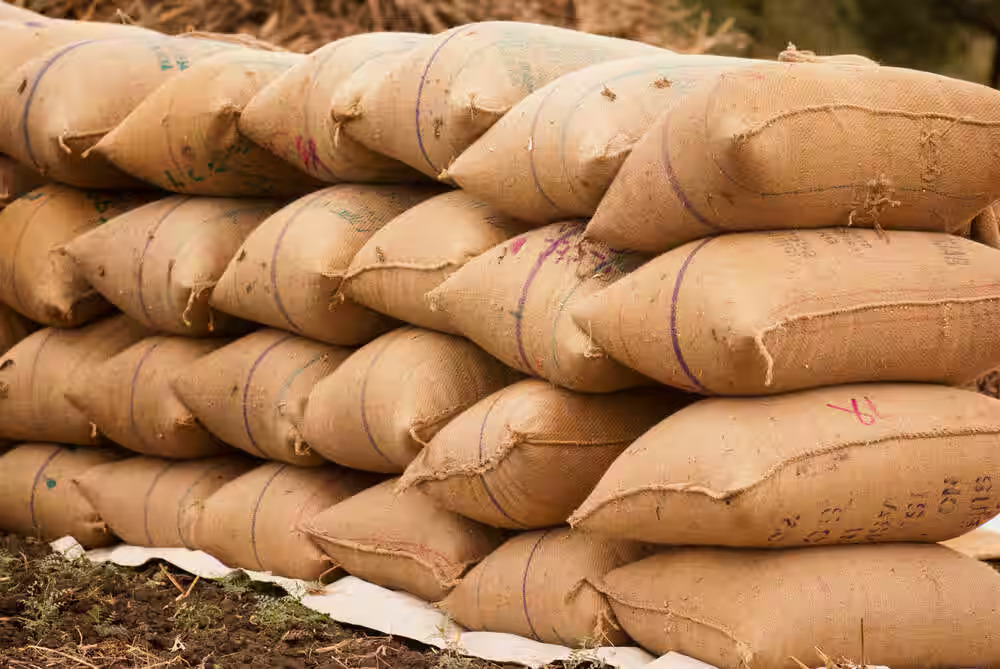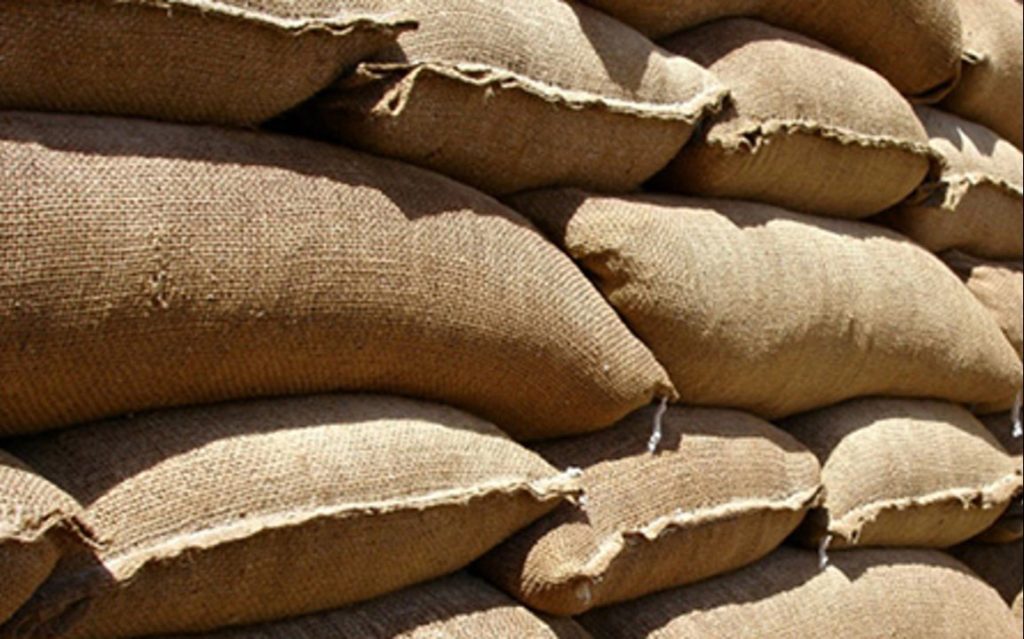In today’s world, businesses are under increasing pressure to adopt eco-friendly practices while keeping costs manageable. One of the most promising solutions gaining traction is the use of reprocess bags. These bags, created from recycled plastic and other sustainable materials, offer a practical way for companies to reduce their environmental impact without sacrificing affordability or durability. As industries look for greener packaging alternatives, reprocess bags could emerge as a powerful option for the future of sustainable commerce.
The Growing Demand for Eco-Friendly Packaging
The demand for sustainable packaging has grown rapidly in recent years. Consumers are more environmentally conscious than ever, often preferring brands that align with their values. Governments around the globe are also enforcing stricter plastic regulations, leaving businesses searching for eco-packaging solutions that balance both compliance and cost.
Reprocess bags step in as a practical answer. Unlike virgin plastic bags, which rely heavily on new petroleum-based materials, these bags are made from recycled and repurposed plastics. This approach not only reduces waste but also lowers the environmental footprint of manufacturing.
Why Businesses Can’t Ignore This Shift
Businesses that continue to rely solely on single-use plastic risk falling behind competitors who embrace sustainability. Studies show that eco-conscious packaging can influence customer loyalty and purchasing decisions. Reprocess bags, being both affordable and eco-friendly, position themselves as a smart middle ground for businesses eager to evolve with changing market expectations.
What Exactly Are Reprocess Bags?

Reprocess bags are packaging products manufactured using recycled and re-engineered plastic materials. Instead of discarding post-consumer and industrial plastic waste, these materials are collected, cleaned, and processed into usable packaging. The outcome is a sturdy, flexible, and sustainable alternative to virgin plastic bags.
Benefits of Using Recycled Materials
- Reduces landfill waste by reusing discarded plastic.
- Lowers production costs as recycled plastics are often cheaper than virgin raw materials.
- Decreases carbon footprint by minimizing dependency on new petroleum products.
- Encourages circular economy practices, keeping plastic in use longer.
This makes reprocess bags not only environmentally beneficial but also highly practical for businesses across retail, logistics, and manufacturing sectors.
Affordability: A Key Driver for Businesses
Switching to eco-friendly packaging often raises concerns about cost. Many sustainable packaging options, like biodegradable polymers or plant-based alternatives, can be expensive, limiting their adoption in price-sensitive markets. Reprocess bags offer a unique advantage: they combine sustainability with affordability.
How Reprocess Bags Lower Costs
- Economical raw materials: Recycled plastic costs less than virgin plastic.
- Energy efficiency: Reprocessing requires less energy compared to producing new plastic.
- Long-lasting durability: Their strength reduces breakage and waste, saving money in the long run.
For small businesses and large corporations alike, this balance of cost and sustainability makes reprocess bags an attractive choice.
Durability and Versatility in Packaging
Beyond being affordable and eco-friendly, reprocess bags are also highly durable. They can withstand weight, stress, and varying conditions, making them suitable for a wide range of industries.
Common Applications
- Retail: Shopping and carry bags for supermarkets, clothing outlets, and local stores.
- Logistics: Packaging for transporting goods safely.
- Manufacturing: Industrial use for bulk materials and storage.
- E-commerce: Reliable packaging for online product deliveries.
This versatility makes reprocess bags a universal solution that businesses across sectors can adopt without compromising functionality.
Environmental Impact of Reprocess Bags
One of the strongest arguments for reprocess bags is their positive environmental contribution. By diverting waste from landfills and reducing dependency on new plastic production, these bags address two major global challenges: plastic pollution and resource depletion.
Contribution to the Circular Economy
Reprocess bags exemplify the circular economy model, where resources are reused, recycled, and reintroduced into the production cycle. This reduces the need for continuous extraction of raw materials and promotes a more sustainable flow of resources.
Additionally, businesses that adopt reprocess bags can highlight their role in supporting waste management systems, a narrative that resonates strongly with eco-conscious customers.
Consumer Perception and Branding Benefits
In a marketplace where sustainability often influences buying decisions, businesses that adopt reprocess bags gain more than just cost savings. They also build stronger reputations.
How Reprocess Bags Improve Brand Image
- Eco-conscious branding: Customers associate the brand with environmental responsibility.
- Customer loyalty: Consumers are more likely to support companies aligned with their values.
- Market differentiation: Standing out in competitive industries by embracing eco-packaging.
By integrating reprocess bags into their operations, businesses can use sustainability as a marketing tool to attract and retain customers.
Challenges and Considerations
While reprocess bags present numerous benefits, there are some challenges to keep in mind:
- Quality variation: Recycled materials can differ in consistency.
- Consumer awareness: Some customers may not yet understand the advantages of reprocess bags.
- Recycling infrastructure: Effective systems must exist to collect and process waste materials.
Despite these challenges, advances in recycling technologies and growing eco-consciousness are rapidly overcoming these barriers.
The Future of Affordable Eco-Packaging
The global packaging industry is evolving, and reprocess bags are at the forefront of this change. With increasing regulations, rising consumer demand, and advancements in recycling, these bags are poised to become the standard for affordable, eco-friendly packaging.
Innovations Ahead
Future improvements in recycling technologies will likely enhance the quality and consistency of reprocess bags. Businesses can also expect greater customization options, making it possible to brand these bags effectively without compromising sustainability.
Read Also : The Lifecycle of a Reprocessed BOPP Bag: From Waste to New Product
Final Thoughts
Reprocess bags represent a powerful opportunity for businesses to align with eco-friendly trends while keeping packaging costs affordable. They address urgent environmental concerns, support circular economy practices, and improve brand reputation in a sustainability-driven market.
As the world transitions toward greener alternatives, reprocess bags stand out as a practical, scalable, and future-ready solution. For businesses, adopting them today could mean staying ahead of the curve and building a lasting legacy of sustainability.
